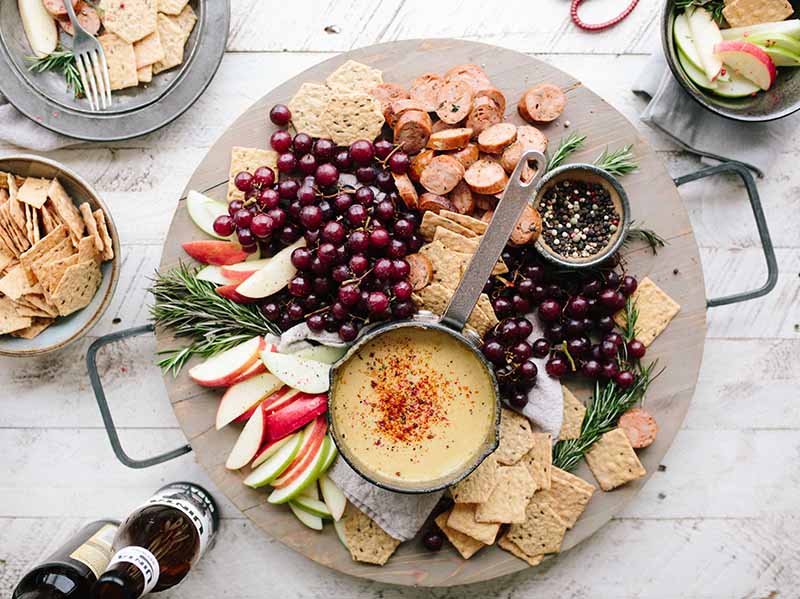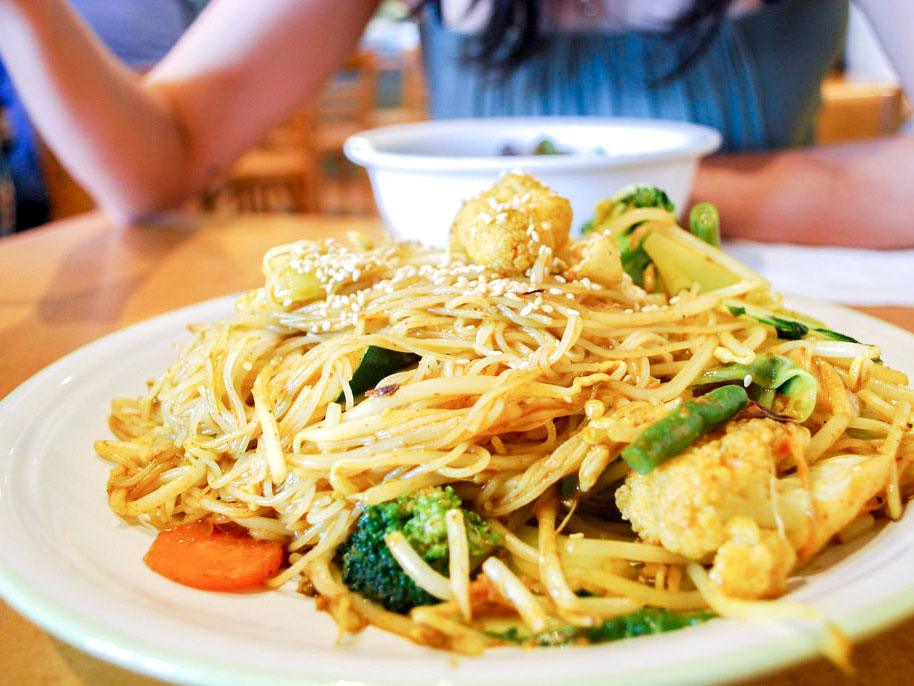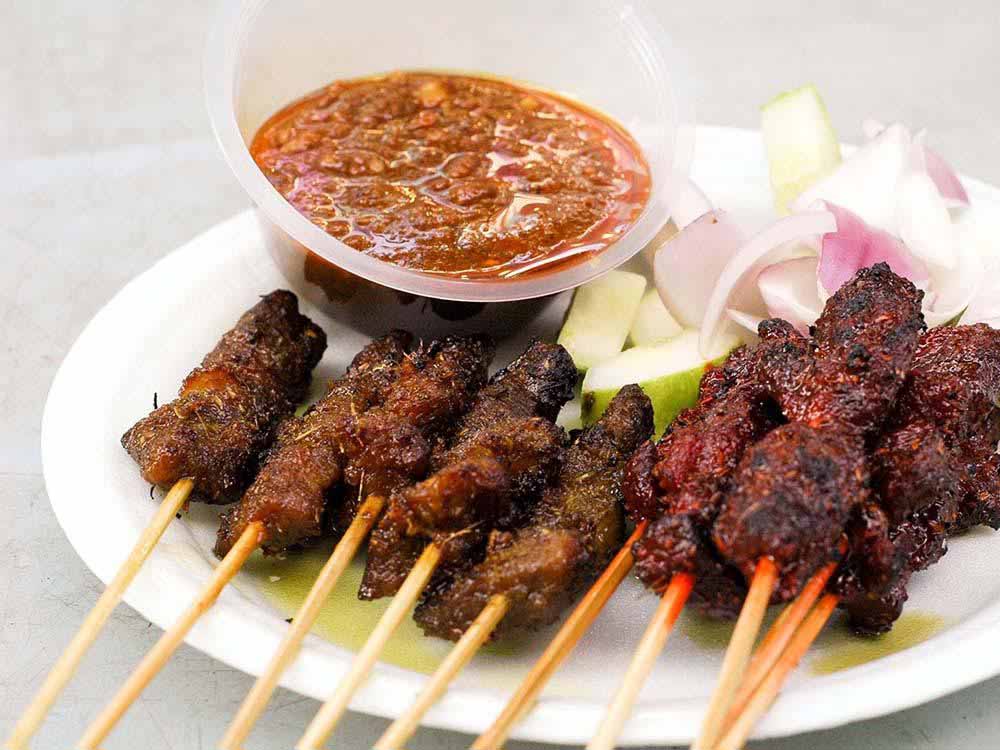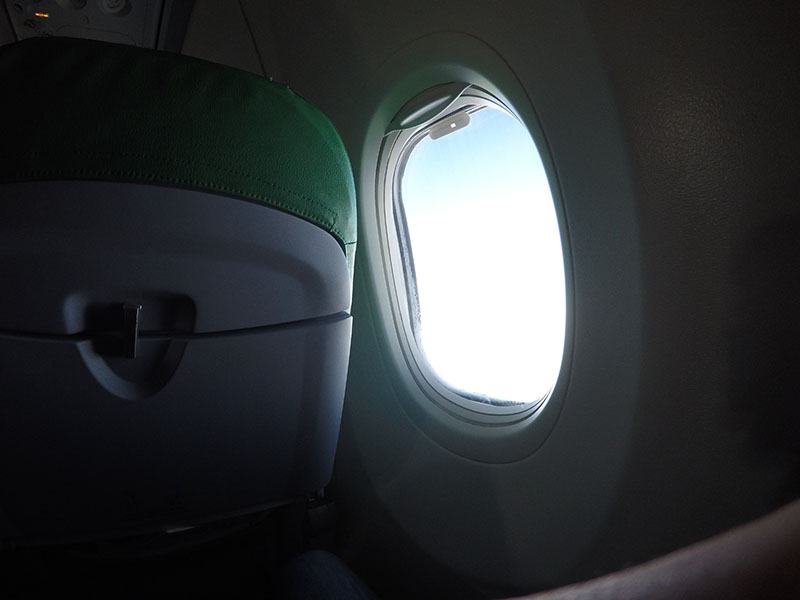Whether you are a seasoned traveler or are planning your first international trip, food safety is definitely your concern. This is true especially if you are going to a completely new region with a cuisine that is unfamiliar to you. Reports by the World Health Organization show that more than 500,000 people suffer from food poisoning all over the world each year. Many of these are very serious cases resulting in death. These statistics make food safety not just a concern but an essential aspect of travel. There is absolutely no way a person can enjoy his/her vacation if they are sick. However, this should not stress you out enough to put away your plans for travel. With the right precautions, ensuring food safety is possible.

Here are some easy guidelines to make sure you enjoy a safe & healthy trip to any destination in the world
1.Proper research
Do sufficient online research about the restaurants and cuisine of the place you are visiting beforehand. This will give you a chance to get familiarized with the popular and traditional foods in that culture. Try to do some homework with regards to the food and health standards of that region. See if you can stick to restaurants and joints that adhere to the food safety standards.
2.Allergies
If you are allergic to any foods, make sure you bring this to the attention of the server and chef in the restaurant you are visiting. This way you can avoid the items that contain your allergens or get them substituted with something more suitable.

3.Hygiene in restaurants
As much as possible try to eat at clean and well-maintained joints. When restaurant- owners make special efforts to maintain the condition of the restaurant, you can be sure of the quality of the food served in that restaurant. Wherever possible ask for bottled water and other beverages.
4.Locals’ recommendations
Take food recommendations from the locals in the place you are visiting. They are more familiar with the cuisine and the restaurants that are good for that kind of food.
5.Foods to avoid
If you haven’t had a good experience with exotic foods in the past, try to avoid them or at least be very careful while consuming them. Trying them out in small quantities at first will help you determine your body’s reaction to them. Raw foods are the first to go bad if not stored properly. If you are not sure of the storage conditions or the age of the food in the restaurant, avoid all raw foods like salads, sushi etc. Also avoid unpasteurized dairy products, undercooked eggs and meats and overripe fruit. Fruits and vegetables that aren’t in season are also best avoided.

6.Oil used in food prep
Sometimes the kind of oil used for cooking the meals can cause an allergic reaction. If you are eating at a place that makes stir-fry recipes on the spot, try to ask the cooks about the kind of oil they use. If this is something you are allergic to, see if they have other options.
7. Non-busy meal times
Try to visit the restaurant at times when they are not super busy. This will give you enough time to study the menu, the facility and have conversations with the staff. This gives them an opportunity to serve you better and recommend food items that are more suitable for travelers like you. If you can’t avoid the rush lunch/dinner times, at least set aside sufficient time to spend at the restaurant.

In conclusion, eating well and staying healthy is one of the main factors in making a vacation or business trip successful. Finding a medical professional in unfamiliar surroundings or spending time in a foreign hospital is no fun. Heading out to your destination with sufficient prior research about the local diets, cuisine, and restaurants is the first step towards food safety in your visit. Once there, visiting clean restaurants, avoiding risky foods and following locals’ recommendations will greatly help you. Also, never neglect to keep in mind prior allergy causing ingredients. Once you follow these food safety guidelines, you and your fellow travelers are bound to have an enjoyable and successful trip.
Author Bio
Sarah Jackson is part of the community team at 570MENU, a travel and tourism site for northeast Pennsylvania. Sarah’s passions are traveling and discovering local places to eat that you don’t normally hear about.

